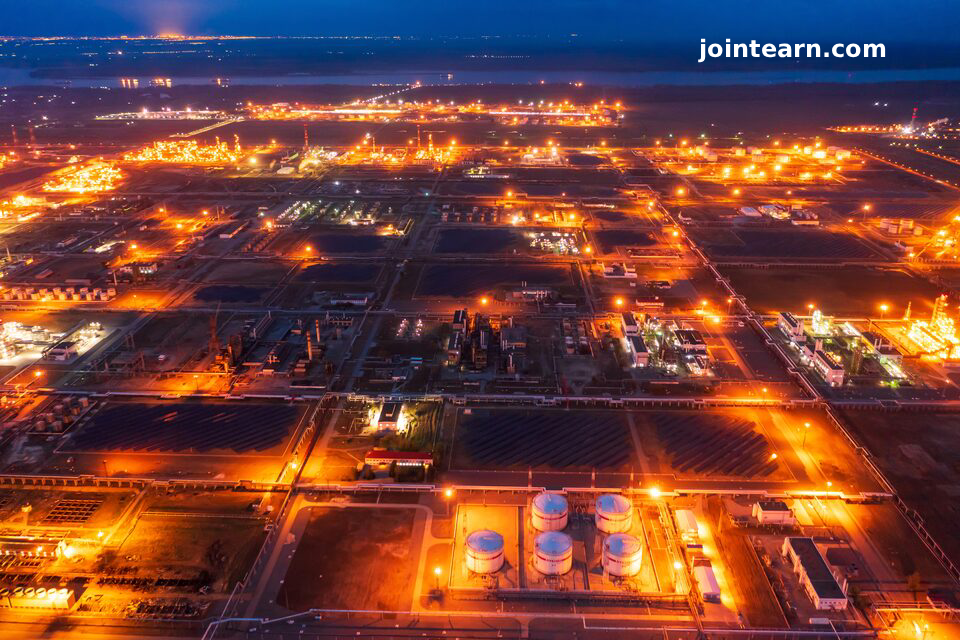
US Targets Top Russian Oil Companies
In a significant escalation of Ukraine-related sanctions, the United States has targeted Russia’s two largest oil producers, Lukoil and Rosneft, marking the first such move in President Donald Trump’s second term. The sanctions follow mounting frustration over Russia’s war in Ukraine, which began in February 2022.
Treasury Secretary Scott Bessent emphasized the importance of the measures, stating:
“Given President Putin’s refusal to end this senseless war, Treasury is sanctioning Russia’s two largest oil companies that fund the Kremlin’s war machine. We encourage our allies to join us and adhere to these sanctions.”
The new U.S. restrictions also extend to dozens of subsidiaries of both companies, blocking their U.S. assets and preventing Americans from conducting business with them.
Global Oil Markets Respond
The sanctions had an immediate impact on oil prices, with Brent crude futures jumping more than $2 per barrel, reaching approximately $64 following settlement. This surge underscores the global market sensitivity to disruptions in Russian energy supplies.
Analysts have warned, however, that the sanctions’ effectiveness depends on consistent enforcement and broader international participation. Edward Fishman, a former U.S. official now at Columbia University, noted:
“This can’t just be one and done.”
Concerns remain that major Russian oil buyers in Asia, particularly in India and China, are not currently subject to U.S. sanctions, potentially limiting the measures’ impact on President Vladimir Putin.
EU Bans Russian LNG in Latest Sanctions Package
In tandem with U.S. actions, the European Union approved its 19th sanctions package against Moscow. Key elements include a ban on Russian liquefied natural gas (LNG) imports, to be implemented in two stages:
- Short-term contracts ending six months from adoption
- Long-term contracts phased out by January 1, 2027
The EU package also expands travel restrictions for Russian diplomats and adds 117 vessels from Moscow’s shadow fleet, including tankers, to its blacklist. The total number of sanctioned vessels now stands at 558.
Additionally, four Chinese entities connected to the oil industry, including refineries and trading companies, will be officially listed once the sanctions are adopted.
Broader Implications for Energy and Diplomacy
The combined U.S. and EU sanctions represent a major tightening of Western measures against Russian energy exports. Analysts suggest the steps could accelerate Russia’s pivot toward Asian markets, particularly in light of a previously implemented $60 price cap on Russian oil.
President Trump indicated that he hopes sanctions will not remain in place long-term, citing potential risks to the dominance of the U.S. dollar in global energy transactions.
Meanwhile, Ukrainian officials welcomed the move, describing the targeting of Rosneft and Lukoil as “great news,” reflecting Kyiv’s longstanding calls for more stringent energy sanctions against Moscow.
What This Means for the Global Energy Market
- Oil Supply Dynamics: With major Russian oil companies sanctioned, European and global markets may face tighter supply, potentially increasing volatility in crude prices.
- Energy Security: The EU’s accelerated LNG ban underscores the bloc’s urgency to reduce dependence on Russian fossil fuels.
- Geopolitical Tensions: Sanctions may deepen friction between Russia, the West, and Asian energy buyers, reshaping global energy trade flows.
The international community will closely monitor how Russia adapts to these measures, particularly regarding sales to non-Western buyers and potential currency shifts in oil transactions.


Leave a Reply